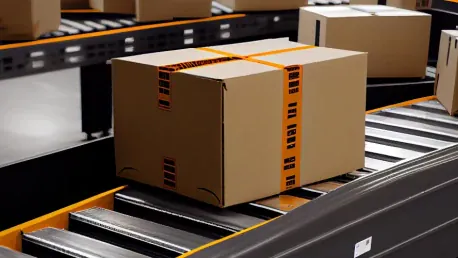
In today's fast-paced world, customers expect quick, reliable, and efficient delivery services. With advancements in technology, tracking a parcel's journey has seen a transformation like never before. Gone are the days when a customer could only hope that their package would arrive on time. Now,

In the modern logistics landscape, dairy logistics encompass complex processes that are refined through advancements in technology. Innovations in automation, transparency measures, and advanced inventory management aim to enhance operational efficiency and sustain the quality of perishable dairy

The transformation of warehouse operations through automation is a significant milestone in logistics, addressing the pressing need for efficiency and adaptability in an increasingly complex supply chain environment. One critical debate revolves around the use of flexible over fixed automation

In today’s rapidly evolving technological landscape, the integration of artificial intelligence (AI) and machine learning (ML) has transformed modern supply chain management into a more efficient and resilient system. Companies are increasingly relying on these technologies to optimize various

Warehouse Management Systems (WMS) have become indispensable tools in modern warehouse operations, distribution centers, and inventory management facilities. As businesses strive to keep pace with faster and more unpredictable environments, the importance of these systems has grown significantly.

As we approach 2025, warehouses are expected to undergo rapid and transformative changes, driven by advancements in technology and the growing demands of e-commerce. These changes will impact everything from warehouse locations and operations to the integration of sophisticated tools and systems